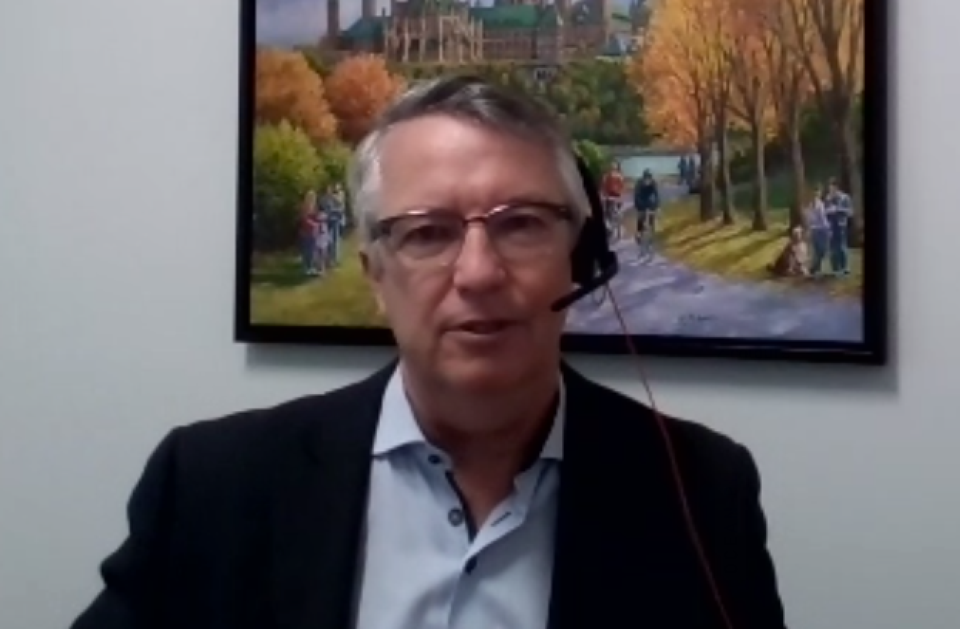The federal government is putting nearly $5 million in Guelph’s pocket to support its circular economy-focused companies — where businesses maximize resources by reusing or repurposing materials as well as eliminate waste and greenhouse gas emissions in all stages of production.
On Friday, MP Lloyd Longfield announced the non-repayable FedDev Ontario investment which will be used to develop Canada’s first circular economy test platform and accelerator, the Circular Opportunity Innovation Launchpad (COIL). The funding supports Guelph's goal of being a leader in sustainable development and the Government of Canada’s commitment to achieve net zero emissions by 2050.
“We are working to make sure ours is a cleaner greener economy as we recover. A priority that's important to us now and one that we must advance for future generations.But we need to work together and we need to partner with the city of Guelph and County of Wellington and bring together the right organizations resources and talents for success,” said Longfield.
Through the project, the city — in collaboration with 10C, Innovation Guelph, Guelph Chamber of Commerce and the County of Wellington — will accelerate the growth of circular economy-focused companies in the region. Together, they expect to create 400 jobs, commercialize over 100 new products or services and support the development and growth of up to 70 businesses.
Mayor Cam Guthrie said he’s very proud of the partnership between Guelph and the County of Wellington which is leading this project.
“The circular economy work has been amazing to be a part of. One special ingredient is something that our region has always excelled at and that is the word collaboration,” said Guthrie at the announcement.
“We’re seeing the results of this work all around us. Food businesses are repurposing their waste into new value streams. Restaurants are serving circular meals now, entrepreneurs are starting some new, very interesting businesses and families are now growing vegetables more and more at their home and they're also starting to talk more in their communities about how they can reduce waste.”
